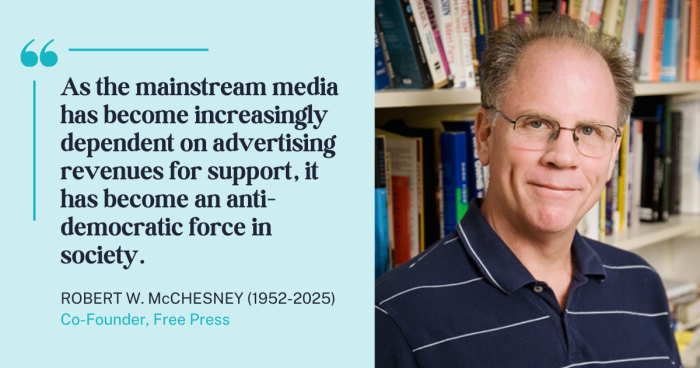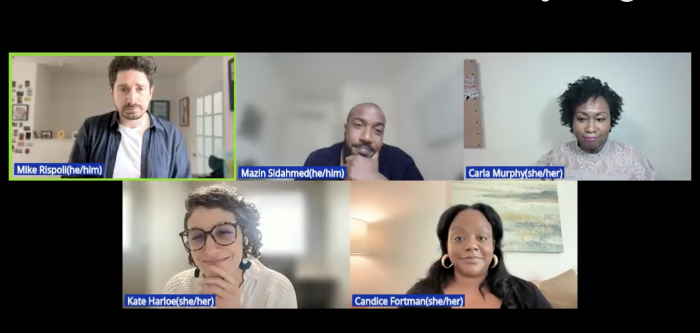Playing Whack-A-Mole with Broadband-Industry Shills

Defending Net Neutrality in the media is like an endless game of Whack-a-Mole.
So many Op-Eds and letters to the editor that oppose the Save the Internet Act are written by people with financial ties to the broadband industry. And far too few of these ties are disclosed in the media.
Time to get the hammer!
The latest mole to emerge takes the form of a misleading letter to the editor in the New York Times. Its author is Ev Ehrlich, who’s affiliated with the ESC Company and the so-called Progressive Policy Institute. But you wouldn’t know that from reading his letter in the Times, as neither he nor the newspaper acknowledges these ties.
It’s a concerning oversight because both of these organizations have financial relationships with the phone and cable lobby, which is doing whatever it can to torpedo the Save the Internet Act.
The Times partially disclosed Ehrlich’s ties in the bio accompanying his 2015 letter to the editor, noting that he “is president of ESC Company, an economics consulting firm that has telecom clients.”
But the paper didn’t disclose his affiliation with the Progressive Policy Institute, which as part of the nonprofit Third Way Foundation has received five- and six-figure contributions from the major trade associations representing AT&T, Comcast, Verizon and other large firms.
And the misinformation doesn’t end at nondisclosure. In his new letter, Ehrlich claims that the Save the Internet Act isn’t bipartisan.
That all depends on your viewpoint.
It’s true that on Capitol Hill, only Democrats — so far — support the bill. But if you turn around and face the rest of the country, you’re seeing something entirely different.
Public polling shows overwhelming bipartisan support for the Save the Internet Act’s legal approach. A 2018 University of Maryland poll found that 86 percent of voters opposed the FCC’s repeal of the Title II Net Neutrality rules, including 82 percent of Republicans and 90 percent of Democrats.
If Republican members of Congress were genuinely interested in being bipartisan, they’d follow the good counsel of their constituents and support the Save the Internet Act.
At the moment, however, they and Ehrlich are looking the wrong way: toward the broadband industry and its checkbook and not the people of the United States.
Ehrlich also claims that a so-called “light touch approach” is to credit for the alleged “gusher” of investment and innovation across the sector. In this, he’s echoing much of the anti-Net Neutrality rhetoric emanating from the Trump FCC, and Chairman Ajit Pai in particular.
Ehrlich wants you to think that Net Neutrality rules have had the opposite effect — that they turned off the investment spigot. This is far from the truth, as we at Free Press Action have demonstrated time and again, and again, and again.
To cap it off, Ehrlich suggests that support for the Save the Internet Act is merely a ploy from advocates like Free Press Action — that we’re just trying to stir up hysteria and raise more money from our base.
That last doozy is a laugh when you compare the modest budget of an organization like ours to the hundreds of millions of dollars the phone and cable lobby spends on campaign contributions, lobbyists, lawyers, think tanks and PR firms.
This industry money has turned far too many decision-makers in Washington against the interests of the people they’re supposed to represent, people who support Net Neutrality in large numbers.
And it’s money that’s also found its way into Ehrlich’s bank account — inspiring today’s shady letter to the editor at the New York Times.
Whack!





